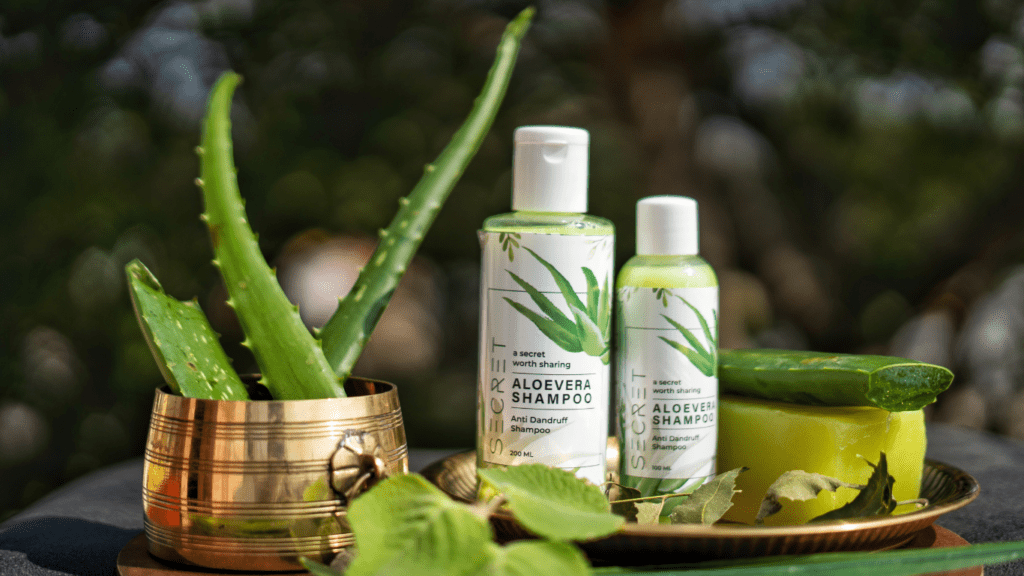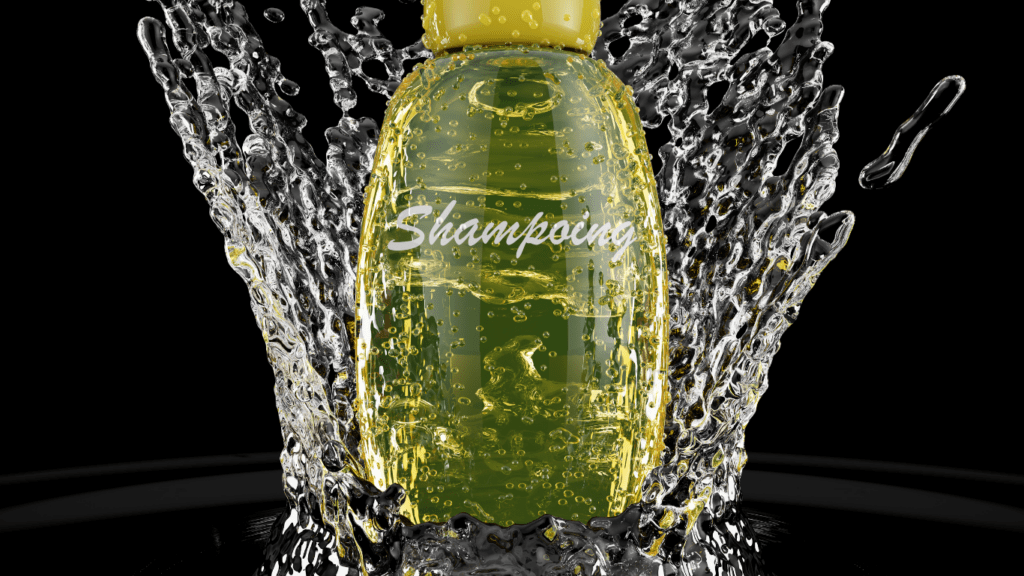Understanding Sustainable Hair Care
Sustainable hair care focuses on minimizing environmental impact. It involves ethical practices, eco-friendly products, and conscious consumption.
What Makes Hair Care Sustainable?
Several factors define sustainable hair care:
- Ingredients: Sustainable products contain natural, organic, and non-toxic ingredients. For example, brands use plant-based oils and extracts.
- Packaging: Using recyclable, compostable, or biodegradable materials reduces waste. Some brands opt for refillable containers or minimal packaging.
- Production: Ethical manufacturing processes, including energy-efficient methods and fair labor practices, contribute to sustainability.
- Certifications: Certifications like USDA Organic or B Corporation ensure adherence to sustainability standards. Products with these certifications often meet strict environmental criteria.
Importance of Sustainable Hair Care
Opting for sustainable hair care offers numerous benefits:
- Environment: Reduces pollution, conserves resources, and minimizes landfill waste. For instance, biodegradable packaging decomposes without harming ecosystems.
- Health: Non-toxic ingredients lower the risk of allergic reactions, skin irritation, and hormone disruption. Products free from synthetic chemicals support better scalp health.
- Ethical Choices: Supports fair labor, cruelty-free practices, and responsible companies. Brands adhering to ethical standards often provide transparency in their supply chain.
- Community Impact: Encourages local businesses and sustainable farming practices, positively affecting local economies.
Sustainable hair care not only nurtures your hair but also contributes to a healthier planet.
Key Elements of Sustainable Hair Care Products

Sustainable hair care products use environmentally responsible practices without compromising quality. Let’s explore the core components of these eco-friendly solutions.
Natural Ingredients
Natural ingredients like aloe vera, coconut oil, and shea butter dominate sustainable hair care formulas. These components are typically free from harmful chemicals, such as parabens, sulfates, and silicones.
Ethically sourced natural ingredients reduce the environmental footprint while promoting hair health. Brands like Rahua and Aveda emphasize plant-based, organically derived raw materials to deliver high-quality results.
Eco-friendly Packaging
Eco-friendly packaging minimizes waste and environmental impact. Many brands use recyclable materials or biodegradable alternatives like bamboo and cornstarch to package their products.
Low-waste packaging innovations, including refillable containers and minimalistic designs, align with sustainability goals. MopTop and Ethique exemplify commitments to sustainable packaging with 100% recyclable or compostable material for their containers.
Ethical Sourcing
Ethical sourcing ensures fair labor practices and environmentally responsible operations. Certifications like Fair Trade and Rainforest Alliance validate these practices. Companies collaborate with local communities to procure ingredients without exploiting labor or natural resources. Shea Moisture and The Body Shop lead by example with transparent supply chains that prioritize ethical and sustainable sources, ensuring consumer trust.
This section integrates vital elements of sustainable hair care products, making clear the advantages of each practice.
Leading Brands in Sustainable Hair Care
Sustainable hair care isn’t just a trend—it’s a movement. Some brands are pioneering this shift by integrating eco-friendly practices into their products and processes.
Brand 1: Overview and Key Products
Rahua:
Rahua focuses on clean beauty, using organic, plant-based ingredients sourced from the Amazon Rainforest. The brand’s commitment to sustainability includes fair trade partnerships with indigenous tribes. Popular products include the Rahua Classic Shampoo and Conditioner, formulated with rahua oil to strengthen hair and deliver a natural shine.
Brand 2: Overview and Key Products
Aveda:
Aveda integrates sustainability at every level, from sourcing to packaging. The brand uses naturally-derived ingredients and emphasizes wind-powered manufacturing. Key products include Aveda’s Shampure Shampoo and Conditioner, featuring a blend of 25 pure plant and flower essences for a calming hair care experience.
Brand 3: Overview and Key Products
Shea Moisture:
Shea Moisture prioritizes community commerce and ethical sourcing, using certified organic Shea Butter. The brand supports eco-friendly practices in agriculture and packaging. Notable products include the Raw Shea Butter Moisture Retention Shampoo and Conditioner, enriched with sea kelp and argan oil for deeply moisturized, healthy hair.
Consumer Impact and Feedback
Consumers’ choices in sustainable hair care significantly affect market trends. Feedback from these users helps brands improve and innovate.
Customer Reviews and Testimonials
Consumer reviews illustrate the positive impact of sustainable hair care products. Customers praise brands like Rahua for their effective, natural ingredients. Testimonials on Aveda’s sustainability page highlight their commitment to eco-friendly packaging. Users of Shea Moisture commend its ethical sourcing and product efficacy. I find that reviews show increasing satisfaction with the quality and performance of sustainable products.
Market Trends and Demand
Market demand for sustainable hair care is rising. The global organic personal care market size hit $13.33 billion in 2021. I’ve observed a growing preference for brands that prioritize eco-friendly practices. Consumers seek products with clean ingredients and minimal environmental impact. Brands responding to this shift are gaining loyal followings, and the trend shows no sign of slowing.
Tips for Choosing Sustainable Hair Care Products
Consumers can make a significant impact by selecting the right products. Here are some essential tips to keep in mind when choosing sustainable hair care products.
Reading Labels and Certifications
Checking labels provides insights into the product’s sustainability. Look for certifications like USDA Organic, ECOCERT, and Fair Trade. These labels ensure products meet specific environmental and ethical standards.
- USDA Organic: Guarantees that the product uses at least 95% organic ingredients.
- ECOCERT: Covers a wide range of ecological certifications, ensuring eco-friendly production and packaging.
- Fair Trade: Ensures that producers receive fair compensation, promoting ethical sourcing.
Evaluating Brand Commitments
Assessing brand commitment involves researching their sustainability practices. Brands often highlight their eco-friendly initiatives on their websites.
- Ingredient Sourcing: Consider if brands use sustainably sourced, organic, or biodegradable ingredients.
- Packaging: Check if brands use recyclable or compostable packaging materials to reduce waste.
- Community Impact: Evaluate if brands engage in fair trade practices, community support, or environmental conservation efforts.



 Senior Hair Health Advisor
Maria is a dedicated professional specializing in hair health and wellness. She brings a wealth of knowledge on how to maintain strong, resilient hair through natural and science-backed methods. Maria’s detailed guides and expert advice help readers enhance their hair health, offering personalized solutions to common hair concerns.
Senior Hair Health Advisor
Maria is a dedicated professional specializing in hair health and wellness. She brings a wealth of knowledge on how to maintain strong, resilient hair through natural and science-backed methods. Maria’s detailed guides and expert advice help readers enhance their hair health, offering personalized solutions to common hair concerns.
